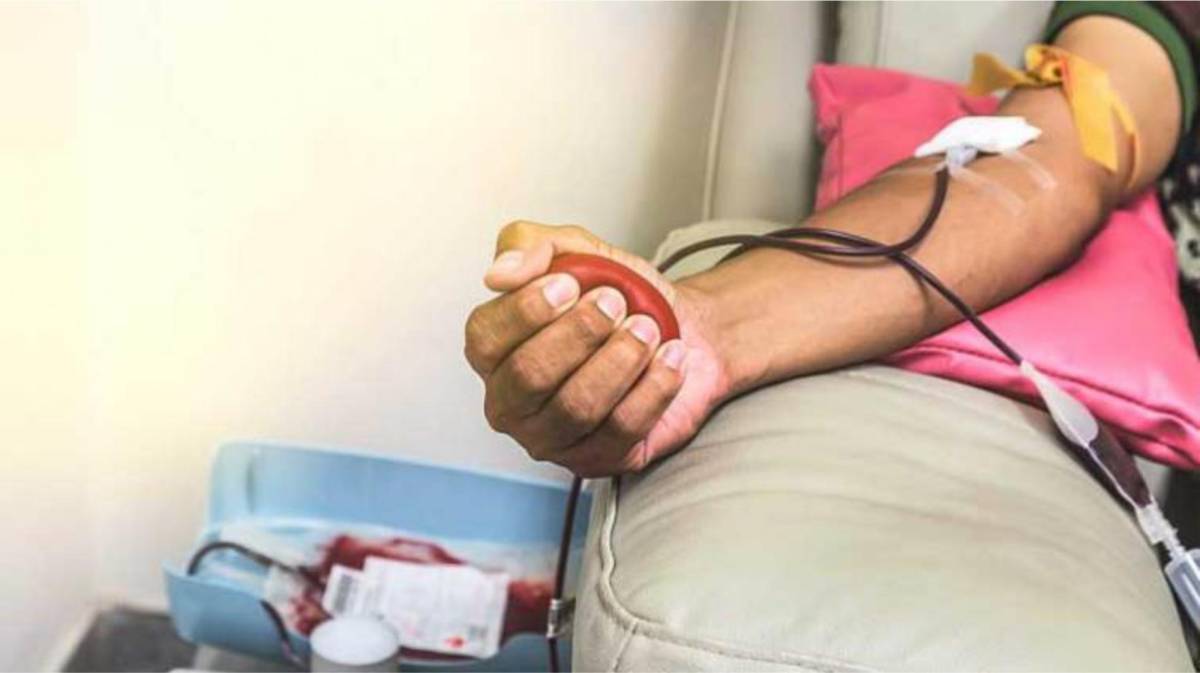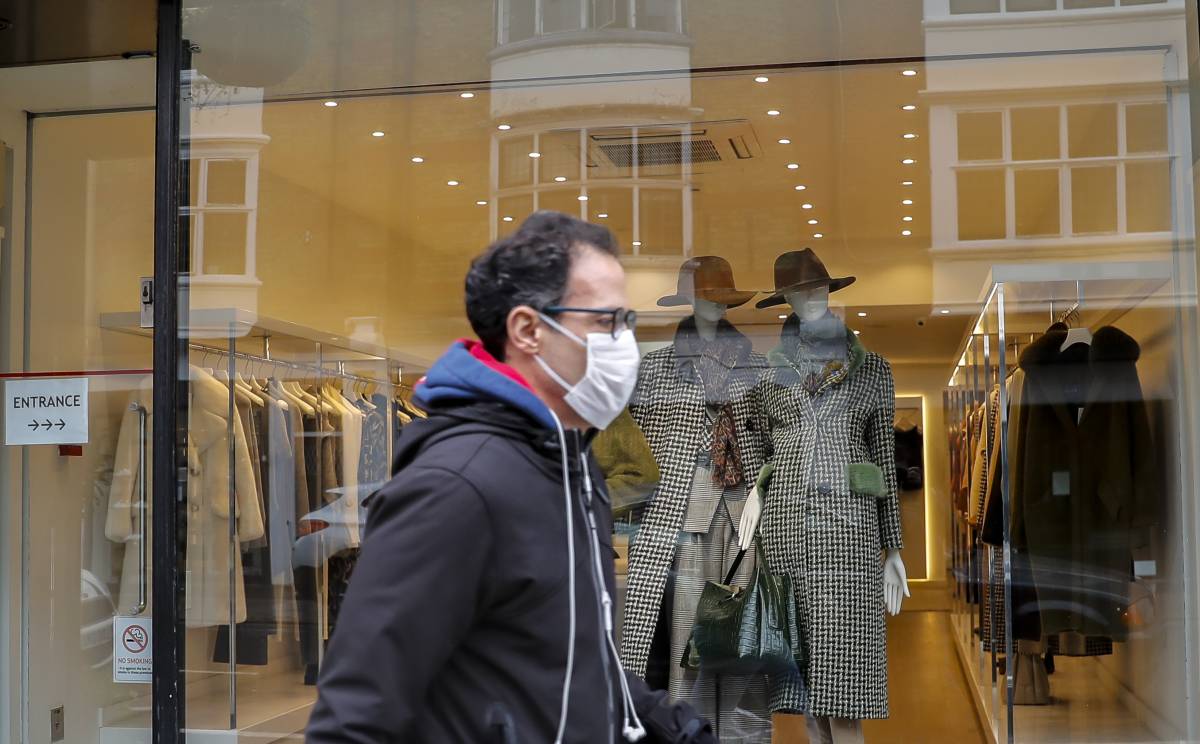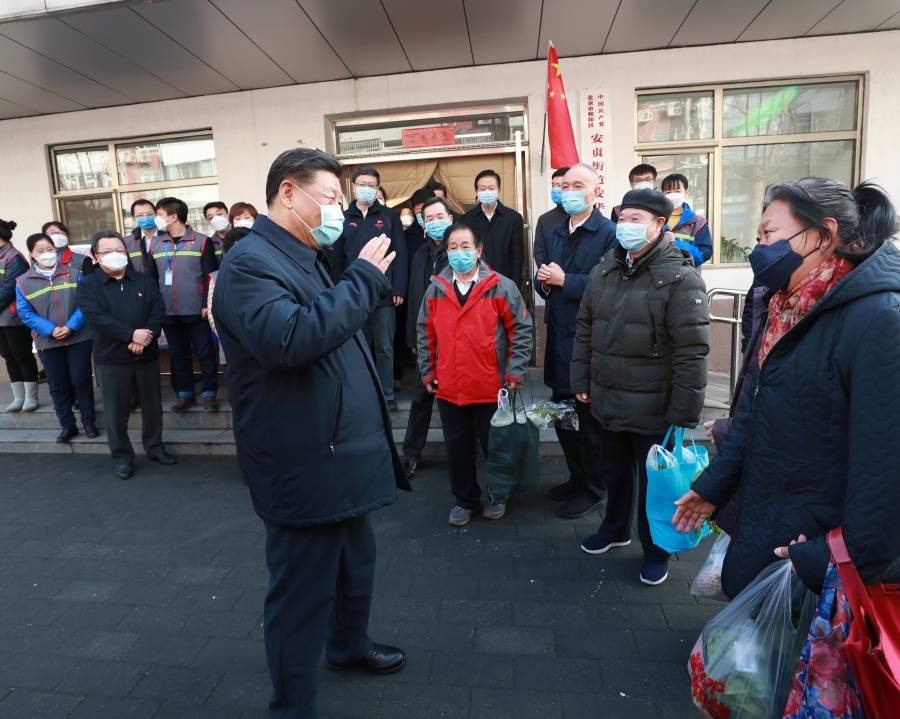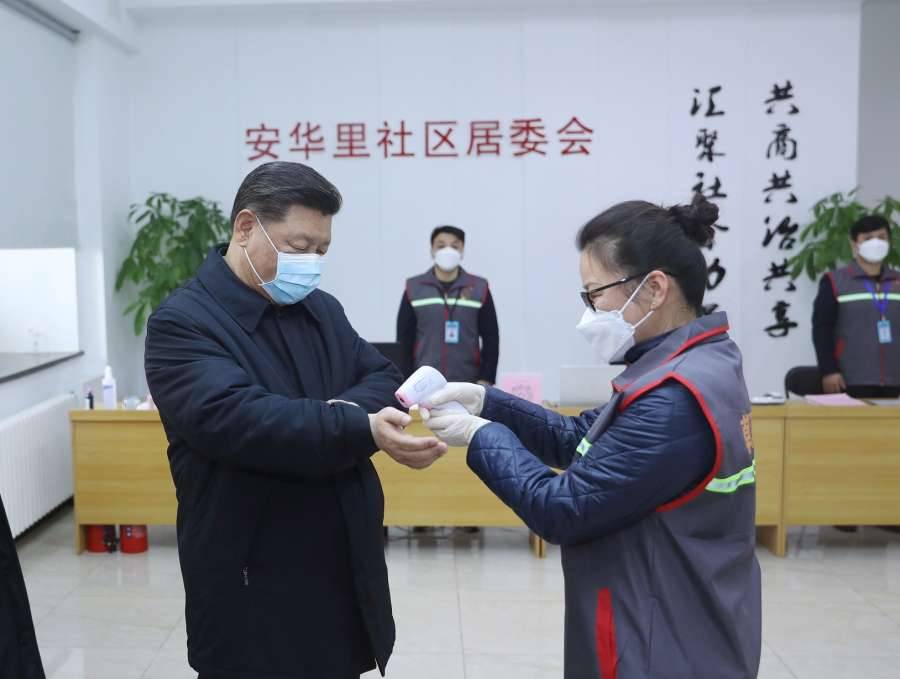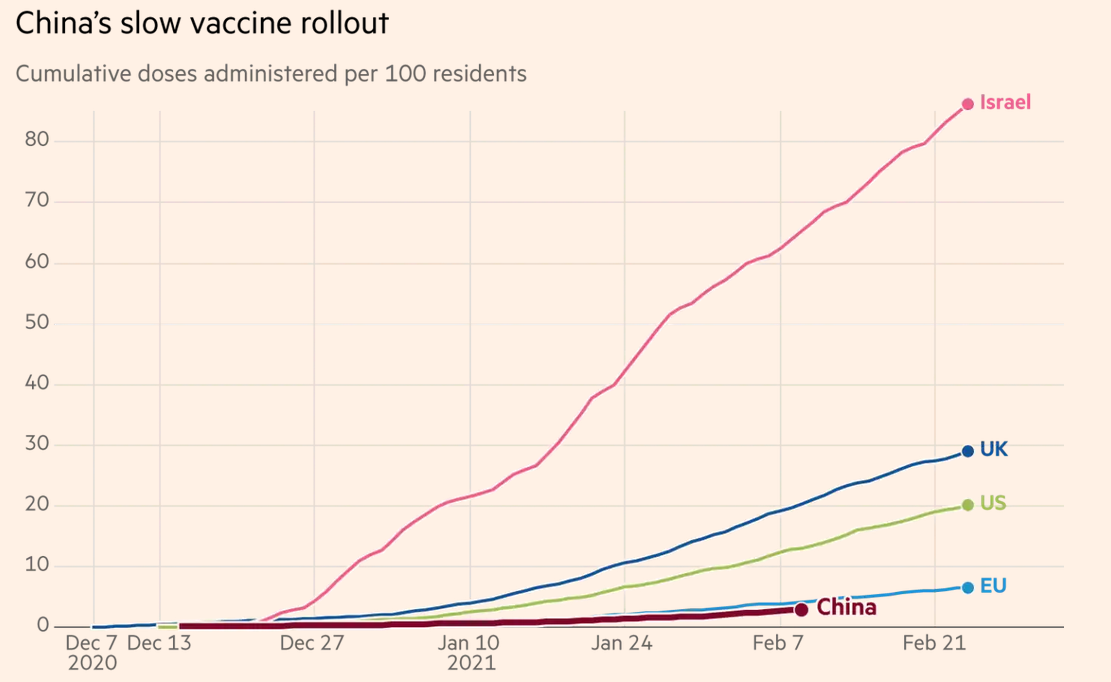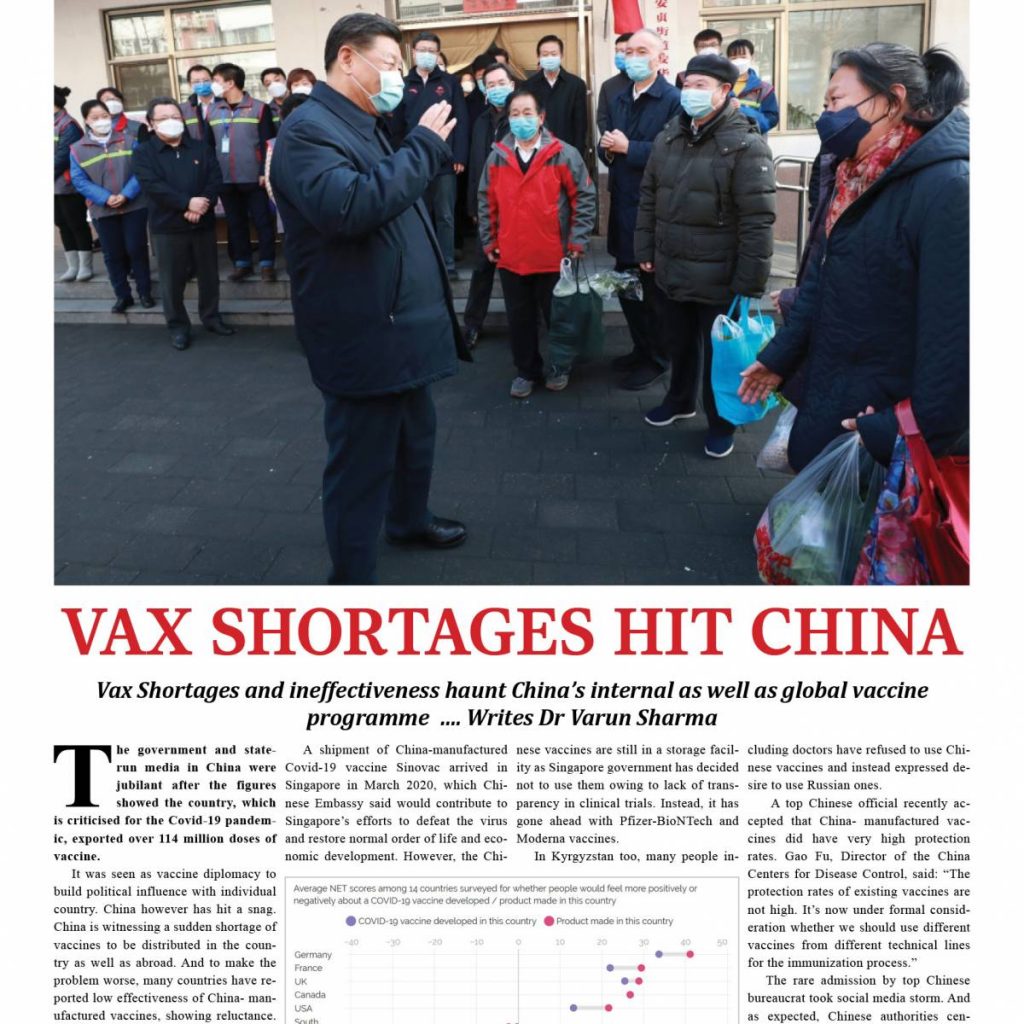On the occasion of World Blood Donor Day, the health professionals underscored the need to highlight the shortcomings and improve infrastructure and network of blood banks across India…reports Asian Lite News
Covid-19 pandemic exposed blood shortage across many Indian states, and this situation arose despite many good Samaritans repeatedly stepping forward to donate their blood.
On the occasion of World Blood Donor Day, the health professionals underscored the need to highlight the shortcomings and improve infrastructure and network of blood banks across India.
According to some reports, India needs 15 million units of blood each year but manages to collect only 11 million units, a deficit of 4 million units. It is also estimated that nearly 12,000 individuals die in India each day, due to non-availability of quality blood. While this is one side of the coin, the other side indicates that India wastes about 6.5 lakh units of blood and blood components each year, due to lack of proper storage facilities.
Many doctors are raising their voices on the urgent need to address this major concern in the society.
Women suffering from bleeding during pregnancy or at childbirth, women and children suffering from anemia due to malnutrition, victims of trauma, etc., all need blood or/and blood-related products like plasma or platelets.
“Each day India needs large quantities of blood to treat many patients undergoing surgery or getting treatment for various forms of cancers. While there is a shortage of quality blood in the country, large quantities of it gets wasted when it cannot be transfused to a patient, within the right time, and in the right means. Key factors leading to donated blood wastage lack of proper storage facilities, leakages, contamination, testing delays due to manpower issues etc. All these problems can be addressed and must be resolved to ensure we emerge into a healthy India,” said Dr. Pradeep Panigrahi, Medical Director, SLG Hospitals.
“Some reports suggest that India does not have even a single well-managed blood bank in at least 63 districts as of September 2020. This lack of blood banks facility also adds to the healthcare delivery burden, resulting in loss of lives in emergency situations like trauma/accidents. Many individual hospitals are striving hard to ensure there is a proper supply of quality blood to those in need; but the network of blood banks must grow in numbers to ensure we address this concern,” observes Dr Satwinder Singh Sabharwal, COO, Aware Gleneagles Global Hospital.
Highlighting the need for a policy, Dr Kishore B. Reddy, Managing Director, Amor Hospitals said: “State and Union Governments have enhanced allocations to the healthcare sector in their annual budgets and are striving hard to improve the last mile delivery of quality healthcare services.” He believes the state and the union governments should bring out a policy that will ensure creation of more blood banks, even in remote parts of the country. This, he said, will ensure supply of safe blood and also ensure blood transfusion related risks are addressed well.
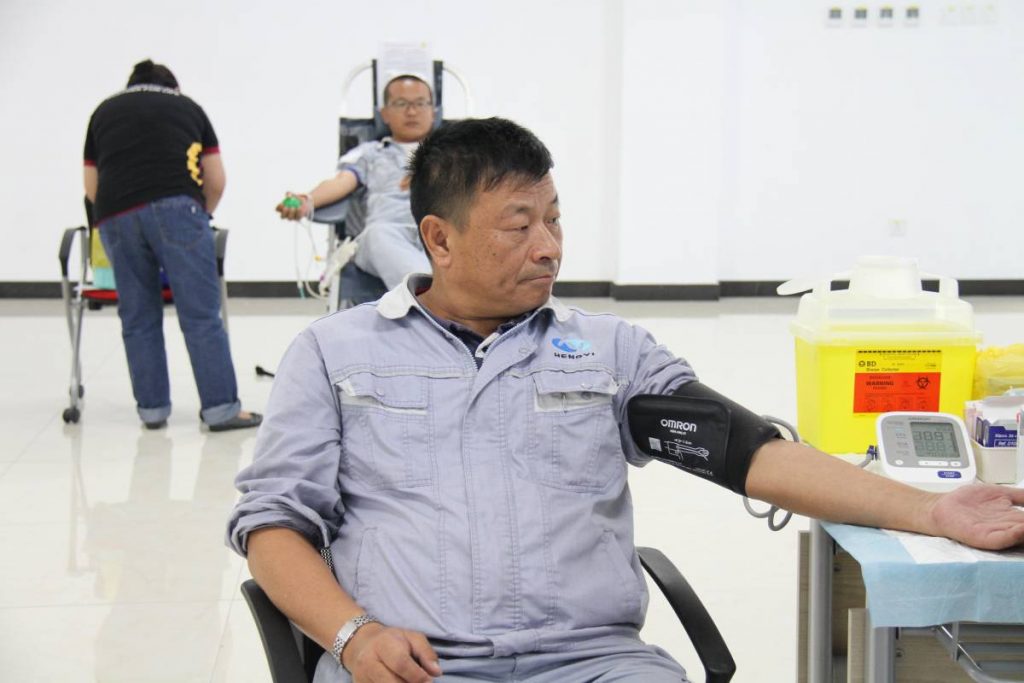
“While there are many kind-hearted Samaritans who step forward to donate their blood on a regular basis, there is a need to enhance awareness on blood donation, which is a healthy practice. There is always a dearth of rare blood groups like AB negative, A negative, B negative, AB positive, and Bombay blood group; and there should a special focus on ensure people with these rare groups consider donating their blood regularly, concluded Dr Sailesh Singhi, Senior Hematologist and Blood bank Incharge, Century Hospital.
ALSO READ-Kerala’s solid waste management project gets rolling
